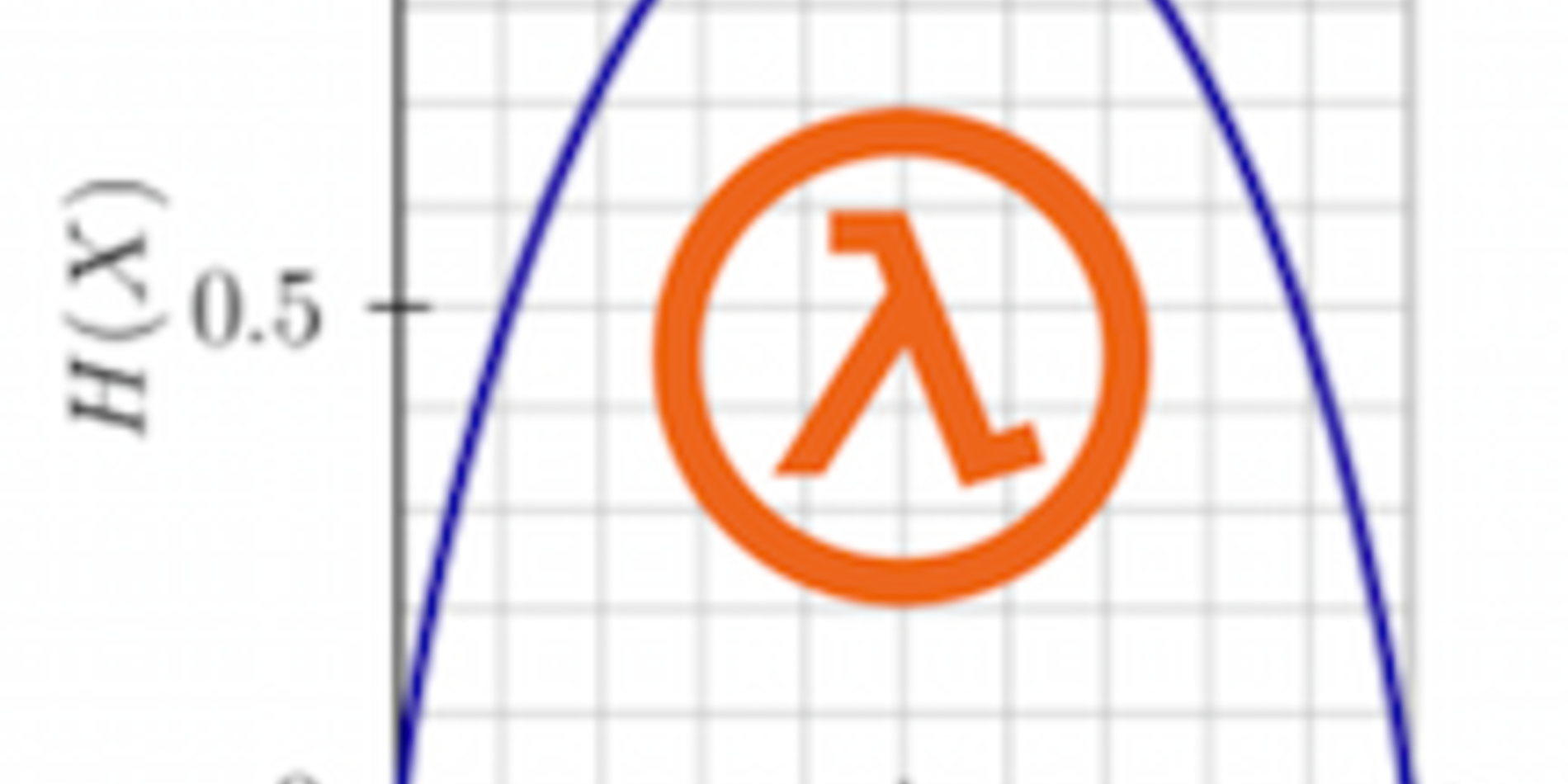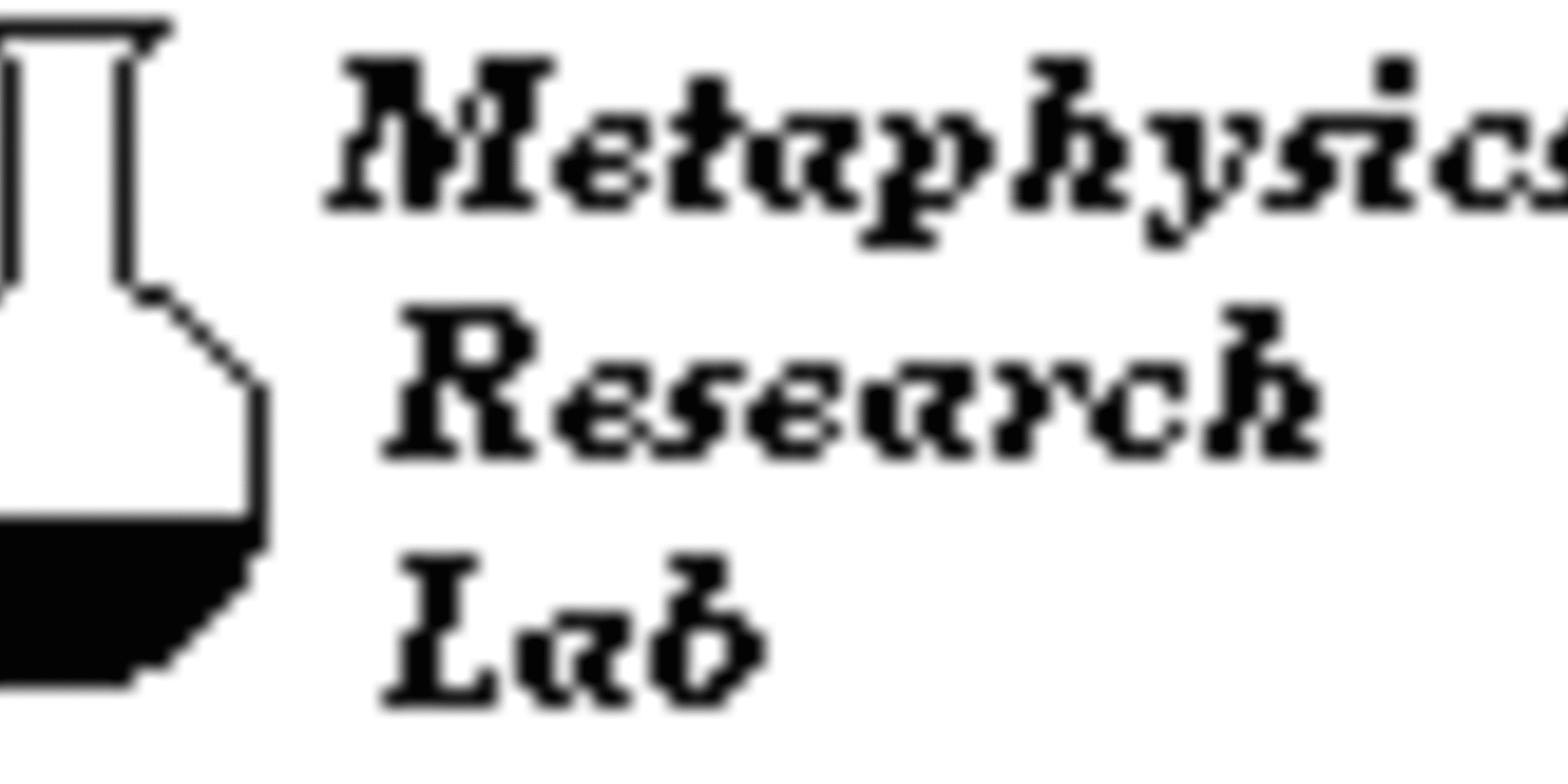Projects

The CEC is a research initiative at CSLI which is devoted to studying explanations of consciousness. The CEC hosts talks and symposia from a variety of viewpoints exploring the nature of conscious experience. We also sponsor reading groups during the term, led by faculty and graduate students.
Center for the Explanation of ConsciousnessKnowing what a text means involves drawing inferences based in the information in the text. Our group works on inferential properties of linguistic expressions to enable automated reasoning for NL understanding.
Our group works on inferential properties of linguistic expressions to enable automated reasoning for NL understanding.
We want to contribute to the theoretical understanding of how language and reasoning interact and to the computational modeling of such interactions.
Language and Natural Reasoning
LDL research in logic covers a range from theory to applications, with an outreach interest to philosophy, computation and cognition. Current topics include information-driven agency, causal inference, reasoning in natural language, and interfaces of logic and probability.
Logical Dynamics Lab
Dedicated to the study of linguistic meaning as a cognitive phenomenon, with particular attention to its connections with grammar, reasoning, and decision-making. Methods include web-based experiments, eye-tracking, and logical and computational models rooted in linguistics, cognitive science, and philosophy.
Psychosemantics Lab
The Openproof project at Stanford's Center for the Study of Language and Information (CSLI) is concerned with the application of software to problems in logic. Since the early 1980's we have been developing applications in logic education which are both innovative and effective. The development of these courseware packages has in turn informed and influenced our research agenda.
The Openproof Project


